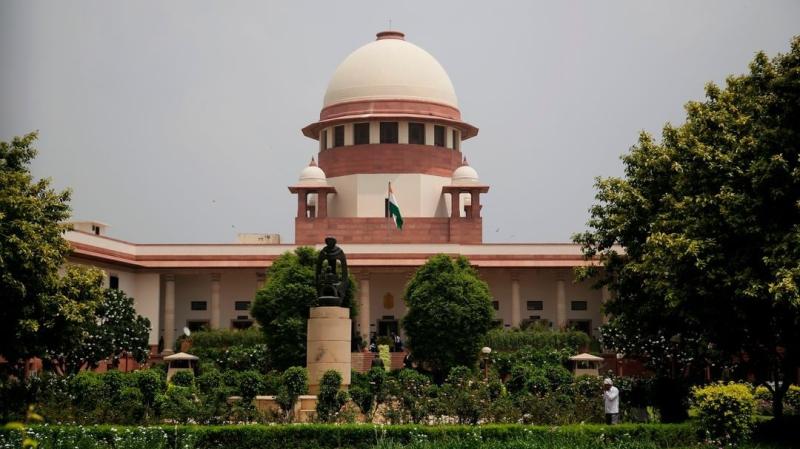Supreme Court Rules on State's Right to Requisition Private Property for Public Good: Landmark Judgment Explained

- galaxy
- 05 Nov 2024 09:16 AM
- Supreme Court, private property rights, Article 31C, Article 39B
In a significant ruling, the Supreme Court of India addressed the State's power to requisition private property for public welfare under Articles 31C and 39B of the Constitution. In an 8-1 majority decision led by Chief Justice DY Chandrachud, the court ruled that while privately owned property can theoretically qualify as community resources under Article 39B, not all private property falls under this category.The bench outlined specific factors to consider when determining if a resource can be deemed a material resource of the community: its nature, scarcity, impact on community well-being, and the implications of private control. The judgment also referenced the public trust doctrine as a potential guideline for identifying such resources.
Justice BV Nagarathna, in a separate concurring judgment, supported the Chief Justice’s decision but defended Justice Krishna Iyer's 1977 opinion, which had previously included both public and private resources as community assets. She argued that past judicial perspectives must be respected within their socio-economic context, cautioning against retroactive judgments based on changing economic paradigms, like the liberalization reforms of 1991.
This landmark decision balances the protection of private property rights with the need to serve the common good, setting important criteria for the State’s ability to requisition property for public use while preserving the constitutional directive of equitable resource distribution.





































